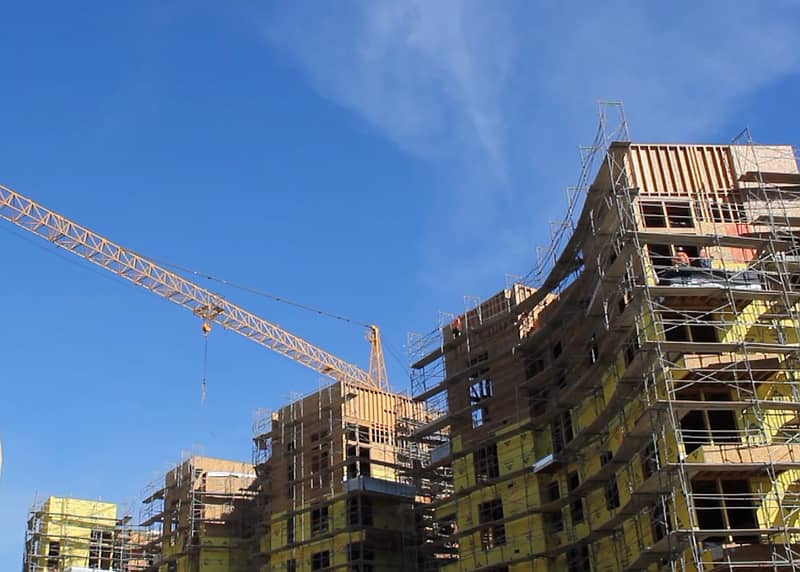A San Diego Housing Commission study released Thursday offers 10 strategies for city leaders to preserve affordable housing for decades to come in San Diego.
The study, “Preserving Affordable Housing in the City of San Diego,” offers its strategies in four categories: Preservation policies, capital resources, tenant protections and capacity building.
“We’ve lost a staggering number of homes that were affordable to our lowest-income families,” said San Diego City Council President Georgette Gomez. “This study provides the framework we need to reverse this trend and save the affordable homes we have left.”
The preservation strategies recommended in the report are:
— Provide seed funding to create a public-private affordable housing preservation fund that is a dedicated source of funding for preservation activities;
— Redirect funds originally associated with the Redevelopment Agency of San Diego and its dissolution to fund preservation;
— Implement a short-term residential occupancy fee with revenue dedicated to preservation;
— Adopt a preservation ordinance to strengthen and expand the rights granted by the state preservation notice law;
— Offer incentives to owners of unrestricted properties in exchange for recording affordability restrictions;
— Strengthen San Diego’s existing single-room occupancy ordinance to maintain affordability;
— Require relocation assistance for displaced residents;
— Develop and staff the administration of a preservation program;
— Create an interagency preservation working group, to be convened by the San Diego Housing Commission;
— Create a preservation collaborative composed of non-governmental preservation stakeholders.
The study, introduced Thursday by Gomez and City Councilwoman Monica Montgomery, will go in front of the full council on June 2.
“For far too long, our city has faced an unparalleled housing crisis. As elected officials, we must do everything within our power to ensure that we are preserving affordable housing opportunities and investing in working families, both of which will help to strengthen our local economy,” Montgomery said. “Safe and healthy communities continue to be a top priority for my office, and providing access to affordable housing is a crucial step that will help San Diego achieve this goal.”
San Diego’s housing supply includes more than 23,000 units required to remain affordable for specific income levels because of restrictions on the properties. In addition, close to 47,000 rental housing units are not restricted, but their rents are naturally affordable for households earning up to 60% of the San Diego Area Median Income, about $69,300 a year for a family of four.
The U.S. Department of Housing and Urban Development defines housing as “affordable” when a household spends 30% of its income or less on housing.
According to the report, affordability restrictions on 4,200 affordable rental housing units could expire in the next 20 years. The report also focused on the potential for preserving 9,250 naturally occurring affordable housing units that are at risk of becoming unaffordable by 2040 because of increasing rents or factors like redevelopment.
Including anticipated cost increases that would occur over the next 20 years, the report estimates approximately $86 million per year will be needed from 2020 to 2040 to preserve 13,450 units at risk of losing affordability.
SDHC has included approximately $22 million specifically for affordable housing preservation in its Fiscal Year 2021 budget, pending the approval of the City Council in its role as the Housing Authority of the City of San Diego.
Source:kpbs





